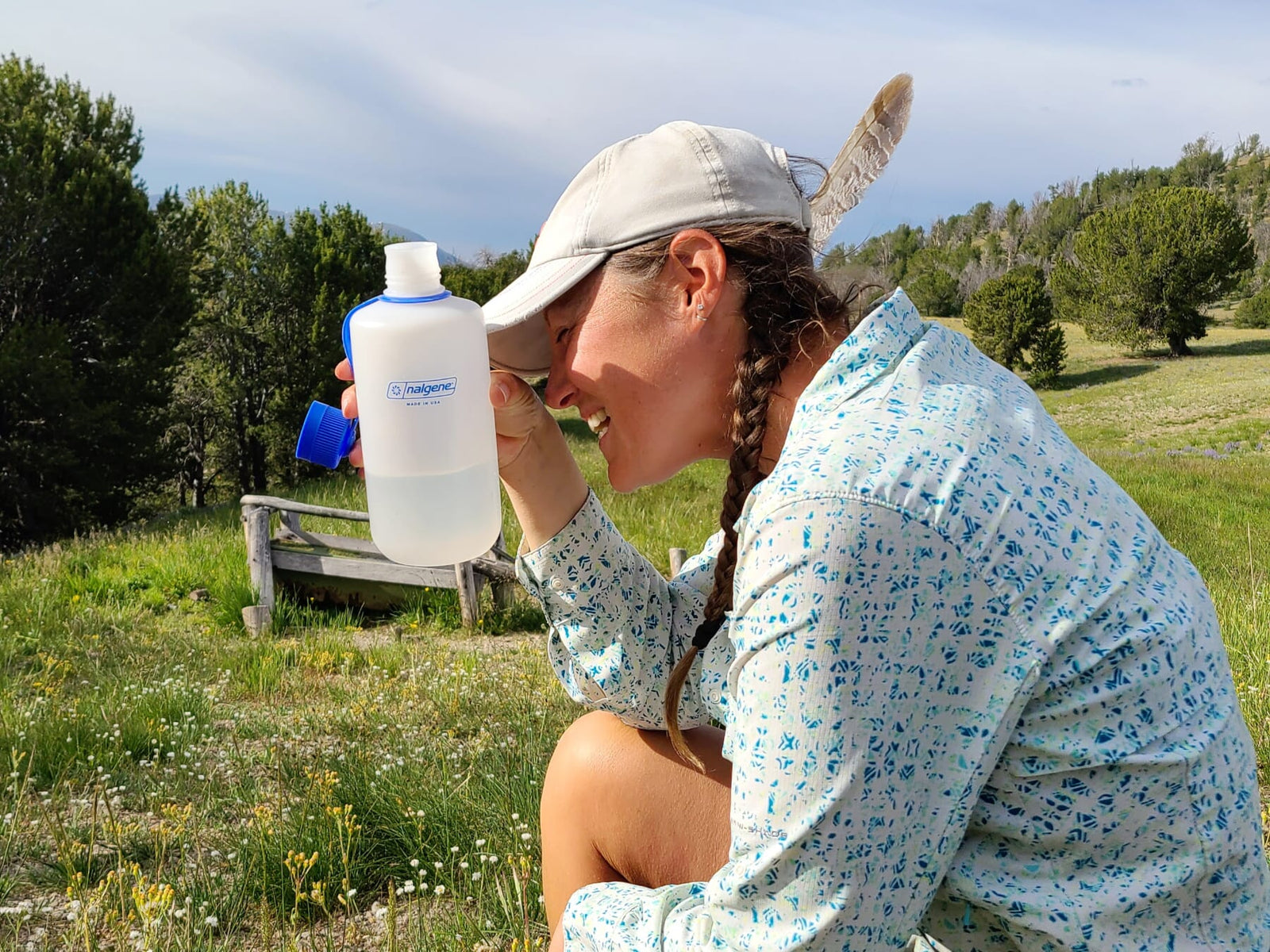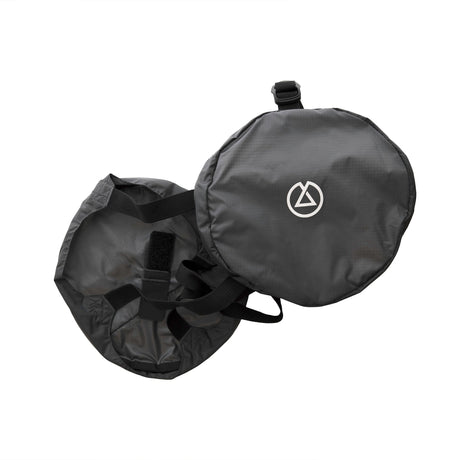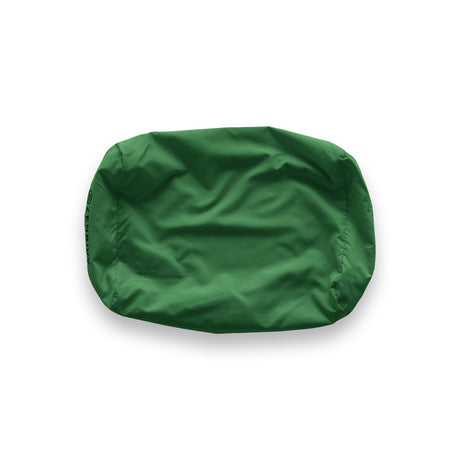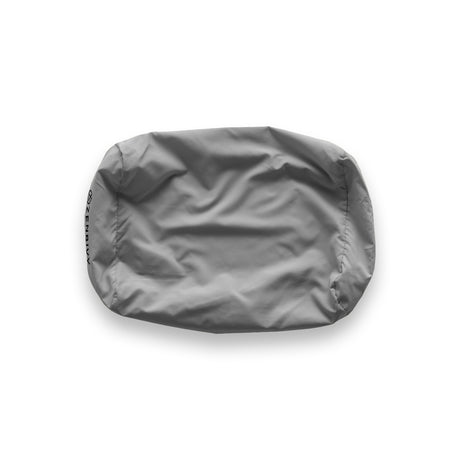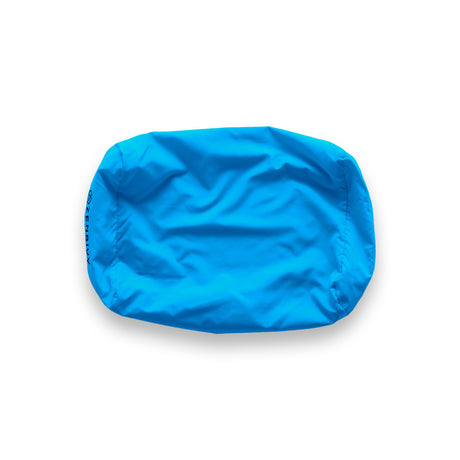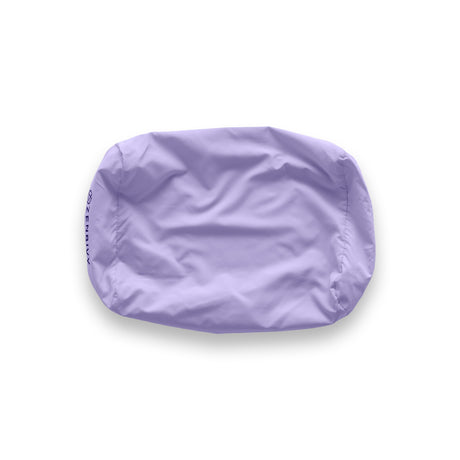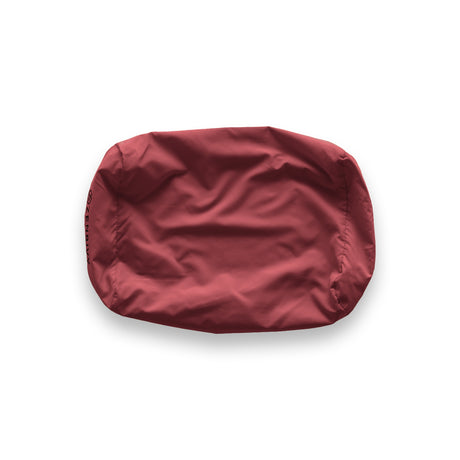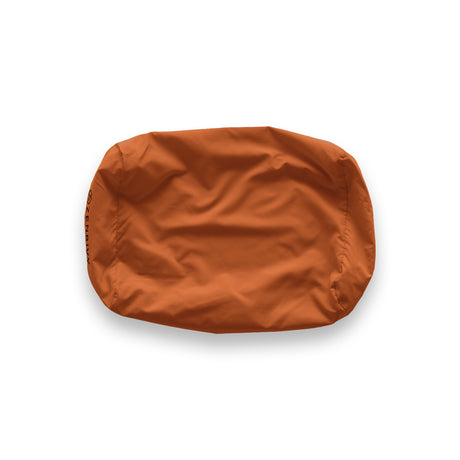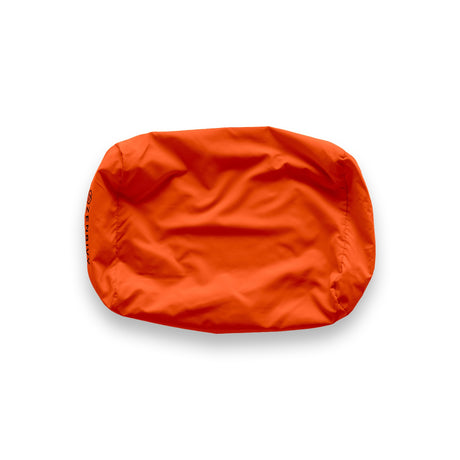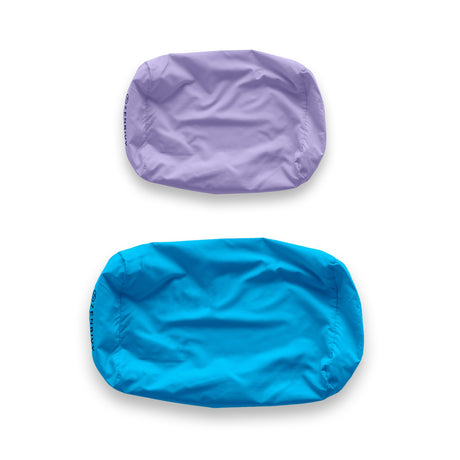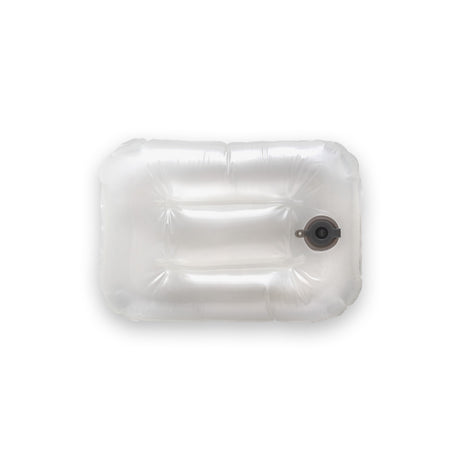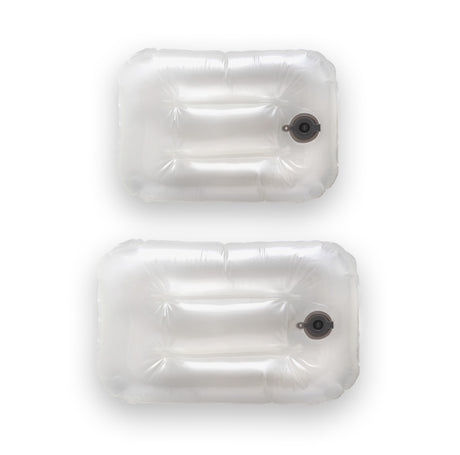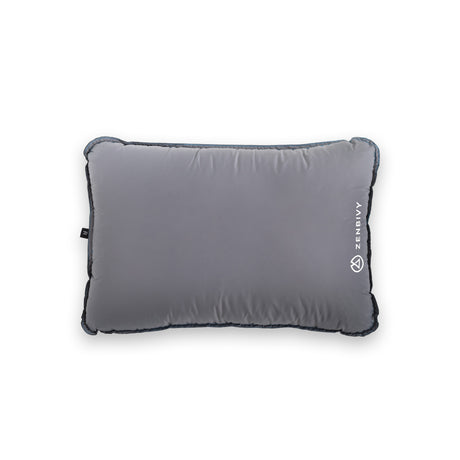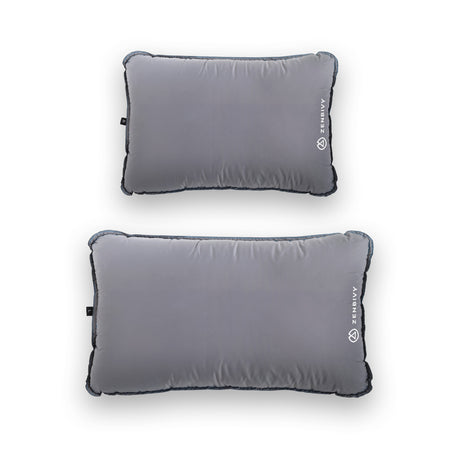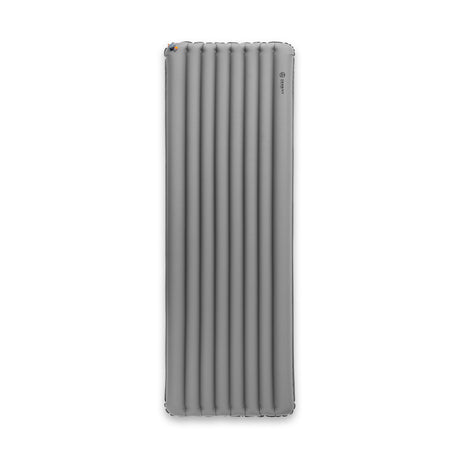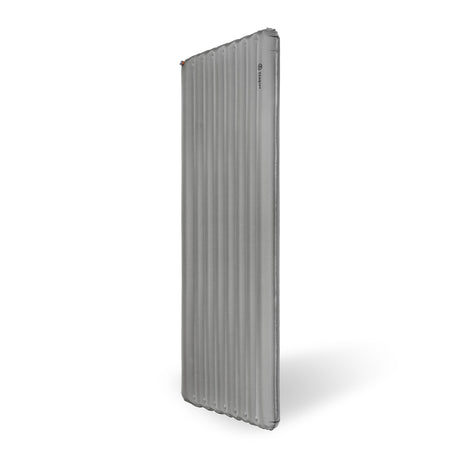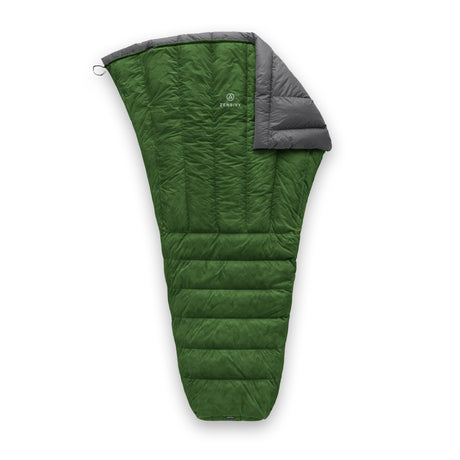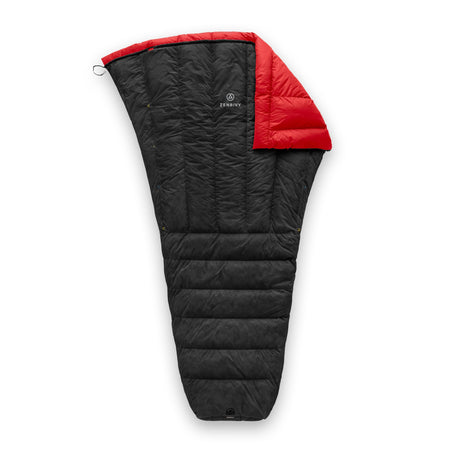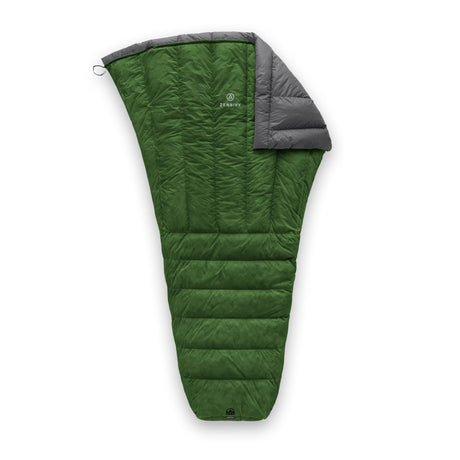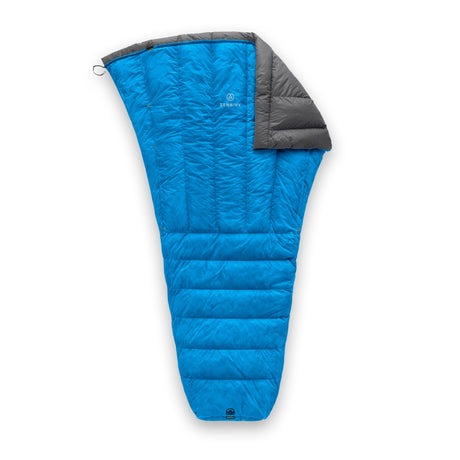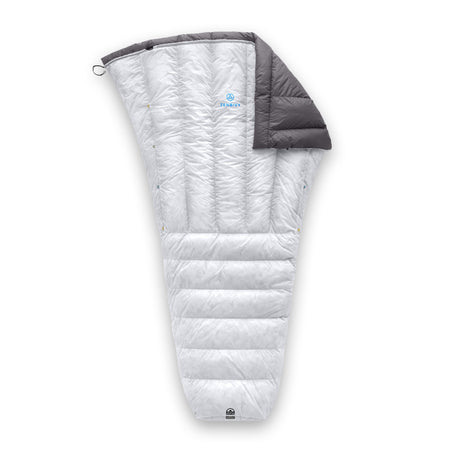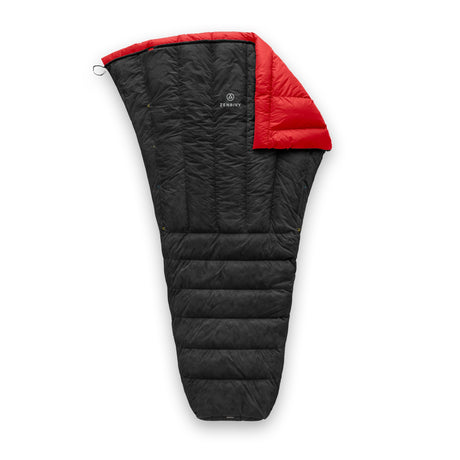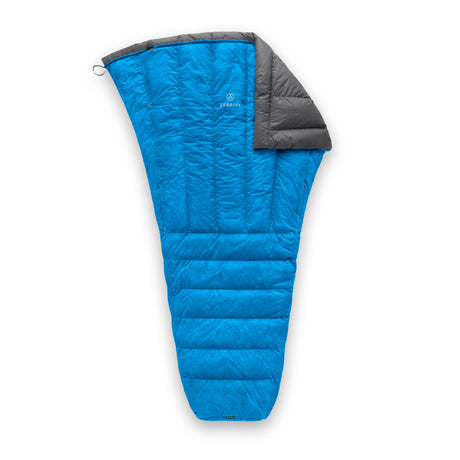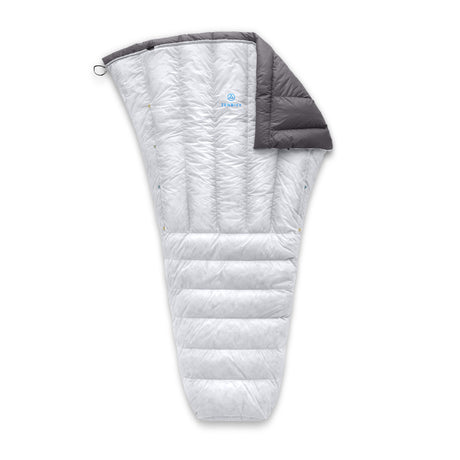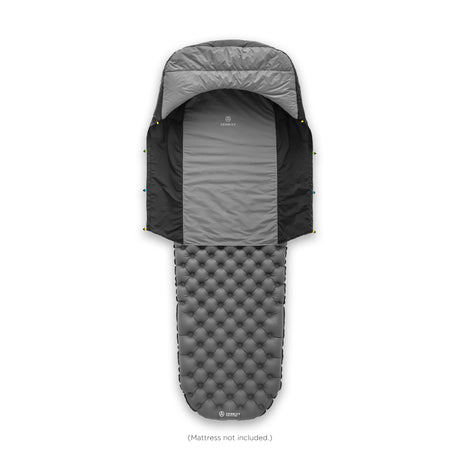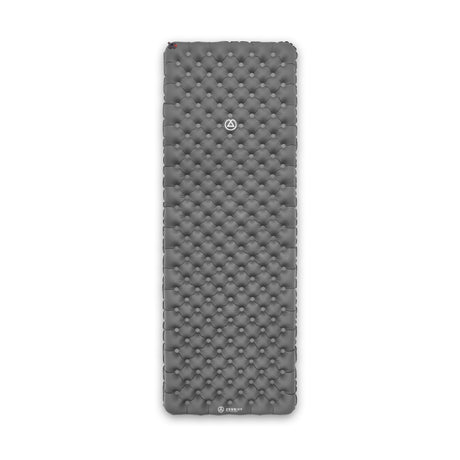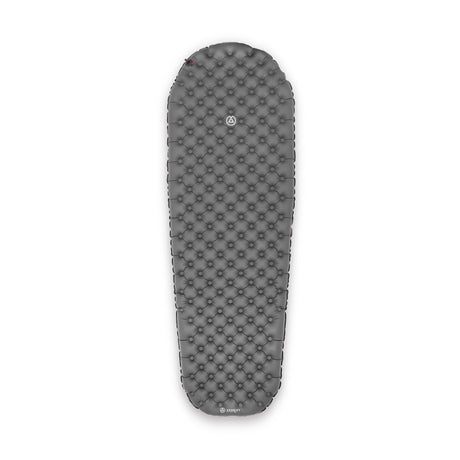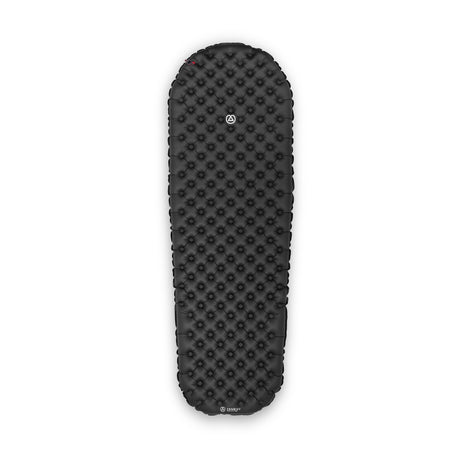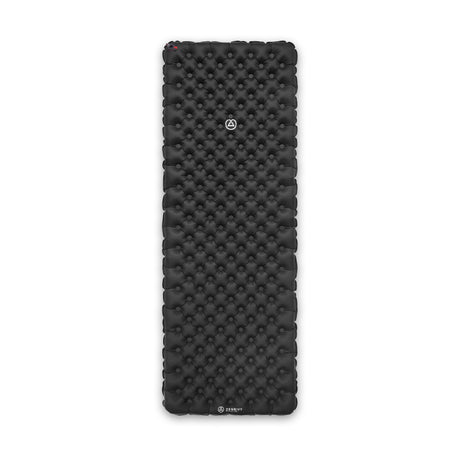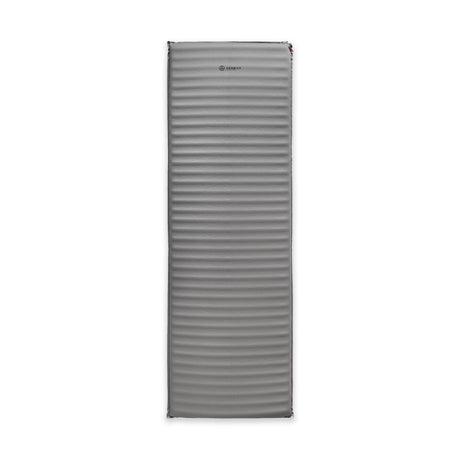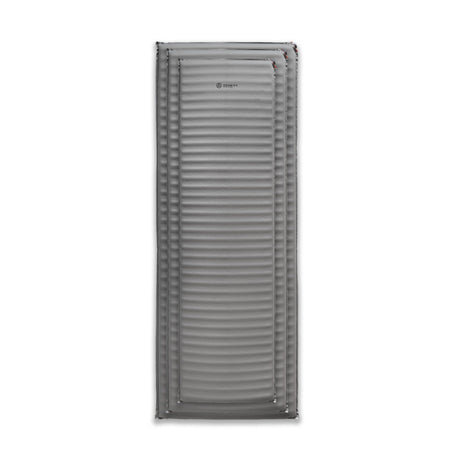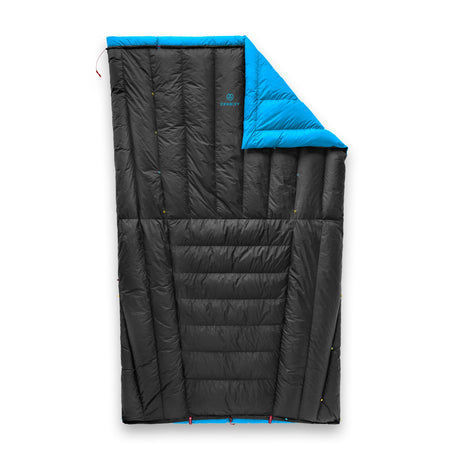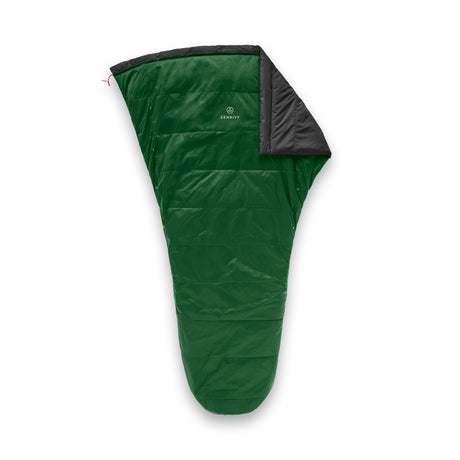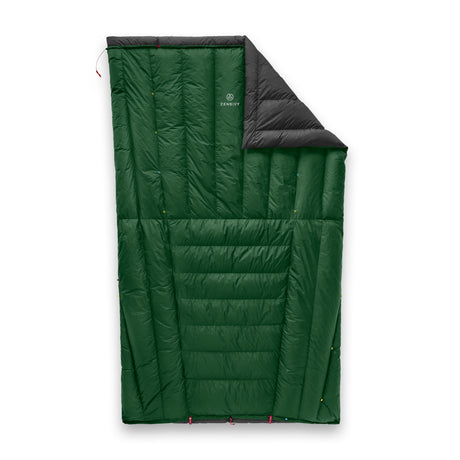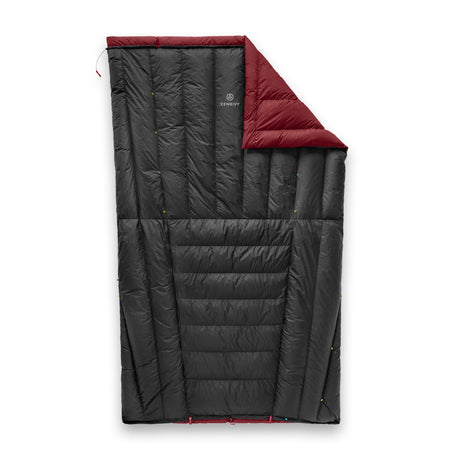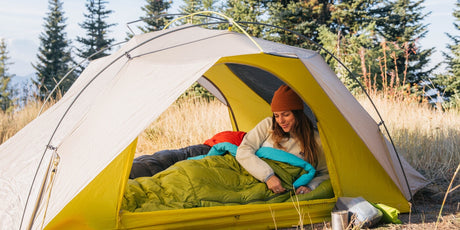From food wrappers to water bottles, take-out containers and utensils, single-use plastics are everywhere in our day to day lives.... Turns out: you can't even escape them out in the wilderness. While thru-hikers are typically living for months with a much smaller environmental footprint than the average American, we wanted to challenge our Ambassadors to see if they could try to eliminate all single-use plastics from their thru-hikes. We knew it wouldn't be easy (or really even possible) but we were curious to see how they'd do and to share what they learned.
We started off by asking them to identify all of the single use plastics they are currently using on their hikes. The common culprits? Water bottles, ziplock baggies, and food wrappers. Next, we asked them to find a potential replacement for each item. Something that would be multi-use and durable, built to last. We supplied their replacement items and they tested them out on trail for a month. Here's what Scribe found:
________________
I will admit that when Zenbivy first reached out about eliminating single-use plastics from my hike, I was skeptical. Maybe more than skeptical- annoyed would probably be a better word (sorry guys). It felt a bit like virtue signaling and was inconvenient to try and retrofit new items into my established setup. I had already eliminated most single-use items from my backpacking setup long ago, including most of the items suggested. I try to purchase high-quality items and use my gear as long as possible to reduce consumption and waste. For example, my cookware (Jetboil Zip) and utensil (Kupilka- made of natural composite fiber with carbon neutral production) are items that have been with me from the start, surviving nearly 5,000 backcountry miles now and still going strong.

I do use zip top baggies for my food, but I prepackaged all of my resupply boxes before starting my hike so there was no way to replace those. Food packaging is a major source of waste on trail and is difficult to eliminate. I did my best to avoid a lot of this single-use packaging by buying my meal ingredients from bulk bins and my snacks from bulk stores like Costco, trying to avoid individually-wrapped items. I definitely would have been interested in trying some of the biodegradable packaging options out there if I had had the option when packing my meals. As it is, I do reuse as many of the bags as possible while on trail, and if I do have to resupply on trail (no box), I will try to buy in bulk and portion/build meals using the bags from previous meals as best I can.
The only other single-use plastics that I carry are my water bottles. Like many other hikers, I use Smartwater or Lifewater bottles and have done this since I first started backpacking. I do understand the health concerns over reusing Smart bottles, but I think that we hikers are exposed to far less toxic pollutants out on trail than in daily society- less air pollution, no microplastics or hormones in the water, less cleaners/hygiene products/etc to disrupt our microbiomes... I think even with the DEHP and microplastic leaching, I am still in a healthier place on trail than in society.
While single-use plastics absolutely are an issue, over-consumption and the carbon footprint of production of products needs to be kept in mind as well. If I need to buy 2 or 3 water bladders (and throw them away because they eventually leak and fail) over the course of the trail (more if I'm replacing all of my bottles and need to have a 4-5L carry capacity), that does not seem environmentally beneficial over my handful of Smart bottles that will last the entire trail and have a much lower individual carbon footprint. My Sawyer filter fits perfectly on them, they are easy to fill in water sources and easy to squeeze, they fit perfectly in my pack's side pockets and are very comfortable to drink from while walking if you have a sport cap. These are qualities I hoped for in my replacement items and got mixed results.

I got an Evernew 2L bag for water carry capacity, dirty water collection and water filtration. I chose this brand over the more popular Cnoc and Platypus because I have seen the other two fail consistently when used to squeeze water through a filter but didn't have much experience with this one. My Sawyer threads perfectly onto it but it was difficult to hold/squeeze and was absolutely unruly during most of the filtration phase. This could be that I am just very set in my ways/process, but I made a watery mess enough times to be thoroughly frustrated with it. I also found that it was difficult to fill in bodies of water, like a pond or river, because the pressure on the water on the sides of the bag kept it collapsed. If I used a scoop or if the water came from a piped spring or cascade, it easily filled. For water carry, It worked well enough in my pack's side pocket when full, and collapsed down to almost nothing when empty. As for durability, it held up to my abuse just fine. I did not use it enough to see if it would outlast the other bladder brands, but it feels like it would last for quite a while. If used in a gravity filtration setup as opposed to squeezing, any of them would probably last a long time.
I also got a soft-sided 1L Nalgene bottle with a narrow mouth for my clean/drinking water. It turned out to be easy to filter into since its wide base made it very stable and less likely to tip over or spill than my Smart bottles. I had hoped that the narrow mouth would be easy to drink from, but it was still too wide and I ended up dribbling/splashing water pretty regularly and always needed two hands to open/close the top. For the widemouth version, they do make little plastic inserts (sold separately) that make it easier to drink from, but you still need to unscrew the cap. Unfortunately, the narrow mouth version is still wider than the Smart bottle, and therefore neither the Sawyer nor the sport cap would fit onto it. My .75L Smart bottle is tall and narrow, fitting easily in the side pocket of my pack (an Osprey) and sliding without fuss in and out of the front opening of these side pockets for quick access while hiking. The Nalgene fit inside the pocket very securely, but there was no way I could put it away while the pack was on my back. Also, space inside my pack is at a premium, so I carry my Zenbivy titanium mug on the outside, nested with a bottle inside. It does not nest with the Nalgene and will not fit comfortably beside it.


Overall, I liked these individual products but they just did not meet my needs on trail the way that the Smartwater bottles do. Perhaps with some more time and research, I would be able to find reusable items that do meet my needs, but for now I am sticking with the Smartwater bottles. Next time I hike, I am interested in finding a way to eliminate the zip top bags and doing more research to find the right product to meet my needs for water carry and filtration. This was an interesting assignment and I am glad to have had the opportunity to try these products! I think we should all continue to look for ways to reduce waste and consumption, eliminate unnecessary packaging and redundancy, and keep trying new things. Thanks for pushing me, Zenbivy!
- Scribe

